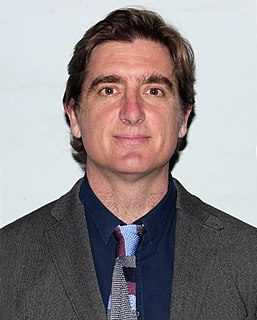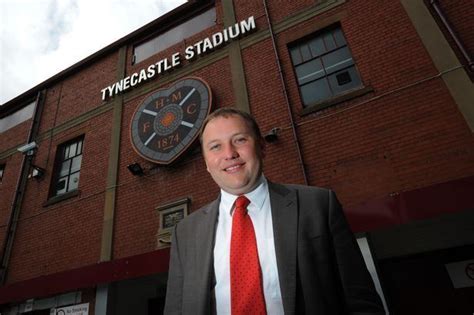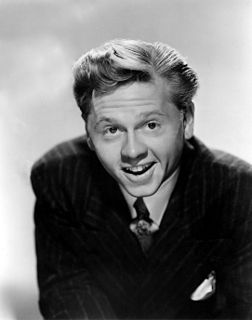A Quote by Anthony Horowitz
Statues lined the stairs and stood, dotted across the roof. But they had been brutalized by time and the weather. Some were missing arms. Many had no faces. Once they had been saints and angels. Two hundred years standing in London had turned them into cripples.
Related Quotes
Mia and I had been together for more than two years, and yes, it was a high school romance, but it was still the kind of romance where I thought we were trying to find a way to make it forever, the kind that, had we met five years later and had she not been some cello prodigy and had I not been in a band on the rise - or had our lives not been ripped apart by all this -I was pretty sure it would've been.
Of all the ruinous and desolate places my uncle had ever beheld, this was the most so. It looked as if it had once been a large house of entertainment; but the roof had fallen in, in many places, and the stairs were steep, rugged, and broken. There was a huge fire-place in the room into which they walked, and the chimney was blackened with smoke; but no warm blaze lighted it up now. The white feathery dust of burnt wood was still strewed over the hearth, but the stove was cold, and all was dark and gloomy.
Standing on the bridge, looking across at that empty city, everything in the compass of my gaze had been set there by a human hand. Somehow those pylons had been strung with wire, and those towers raised, and roofs tiled. There had been food and drink for millions of mouths. I don't cry easy, but my vision blurred as I stared on the ruins of what we had been, and I watched the small band of men in rags move toward it to pick at it like birds on the carcass of some giant.
It was a very aged, ghostly place; the church had been built many hundreds of years ago, and had once had a convent or monastery attached; for arches in ruins, remains of oriel windows, and fragments of blackened walls, were yet standing-, while other portions of the old building, which had crumbled away and fallen down, were mingled with the churchyard earth and overgrown with grass, as if they too claimed a burying-place and sought to mix their ashes with the dust of men.
I once visited an RSPCA hospital in Norfolk. I spoke to the vets working there, and asked them how many times they had had to treat a fox that had been brought in with a shooting injury. The answer from a vet who had worked there for many years was, Not once. When I asked him why, he said,You can take it from me that when the fox is shot in the countryside by somebody trained, it is dead.
And there stood Basta with his foot already on another dead body, smiling. Why not? He had hit his target, and it was the target he had been aiming for all along: Dustfinger’s heart, his stupid heart. It broke in two as he held Farid in his arms, it simply broke in two, although he had taken such good care of it all these years.
There were times when it appeared to Dorian Gray that the whole of history was merely the record of his own life, not as he had lived it in act and circumstand, but as his imagination had created it for him, as it had been in his brain and in his passions. He felt that he had known them all, those strange terrible figures that had passed across the stage of the world and made sin so marvellous, and evil so full of subtlety. It seemed to him that in some mysterious way their lives had been his own.
But they had, perversely, been living among people who were peering into the wrong end of the telescope, or something, and who had convinced themselves that the opposite was true - that the world had once been a splendid, orderly place...and that everything had been slowly, relentlessly falling apart ever since.
Thus much indeed he was obliged to acknowledge - that he had been constant unconsciously, nay unintentionally; that he had meant to forget her, and believed it to be done. He had imagined himself indifferent, when he had only been angry; and he had been unjust to her merits, because he had been a sufferer from them.
If cathedrals had been universities If dungeons of the Inquisition had been laboratories If Christians had believed in character instead of creed If they had taken from the bible only that which is GOOD and thrown away the wicked and absurd If temple domes had been observatories If priests had been philosophers If missionaries had taught useful arts instead of bible lore If astrology had been astronomy If the black arts had been chemistry If superstition had been science If religion had been humanity The world then would be a heaven filled with love, and liberty and joy
The lights were off so that his heads could avoid looking at each other because neither of them was currently a particular engaging sight, nor had they been since he had made the error of looking into his soul. It had indeed been an error. It had been late one night-- of course. It had been a difficult day-- of course. There had been soulful music playing on the ship's sound system-- of course. And he had, of course, been slightly drunk. In other words, all the usual conditions that bring on a bout of soul searching had applied, but it had, nevertheless, clearly been an error.
I had been reading about [John] Calvin for years and had been studying the English Renaissance for many more years, and it had never occurred to me to think of them together. I learned that Calvin was the most widely read writer in England in Shakespeare's lifetime. He was translated and published in many editions.
Once, I discovered the skulls of two impala rams, their horns locked into an irreversible figure-of-eight; the two animals had been trapped in combat, latched to each other during the battle of the rut. The harder they had pulled to escape from each other, the more intractably stuck they were, until they had fallen exhausted, to their knees, in an embrace of hatred that had killed them both.



































